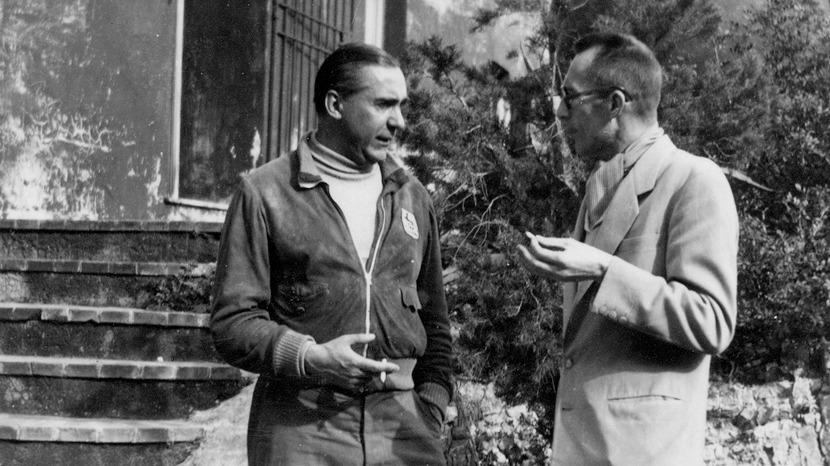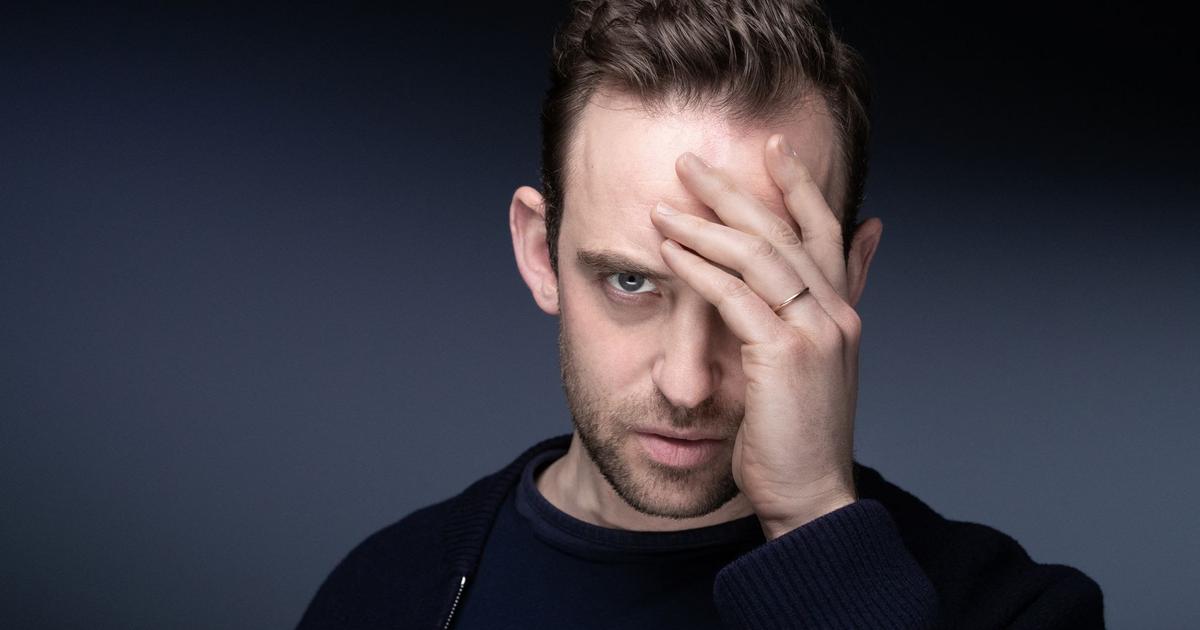Over three million!
In the age of social networks, of the immediate exposure of moods on the Web, we are still more than three million people to keep a private diary in France.
Admittedly, it can take different forms: photo, video, drawing… but the overwhelming majority of the diarist's support to lay down his actions, his thoughts or his feelings, remains the good old paper.
This practice which has crossed the generations has even had its festival for three years, which is held this weekend, in Saint-Gildas-de-Rhuys in Morbihan.
An unprecedented initiative in France, as abroad, which will notably welcome the writer Erik Orsenna, member of the French Academy, the actress Anne Brochet and the journalist Claude Sérillon.
What does today's diary look like?
“This means of reflecting and thinking about oneself is far from being an old-fashioned practice and it most often occurs at turning points in life: adolescence, after the birth of a child, break-up or mourning, the transition to retirement… In short, at times when we ask ourselves many questions, ”explains Malik Allam, doctor in sociology, author of“ Journaux intimes.
A sociology of personal writing ”(L'Harmattan, 2000).
"I am more honest when I write in my journal"
Adolescence thus remains a privileged moment in the writing of the private diary, with its absolute reference and unmistakable bestseller: the “Diary of Anne Frank”, written at 13 years old by this young German Jewish girl exiled in the Netherlands. , when she hid in Amsterdam for two years, with her family and four friends, during the occupation of the country by Nazi Germany.
“Adolescence is a period of transformation, where it is difficult to exchange ideas, where we try to put our ideas down.
The relationship to passing time also becomes concrete, ”continues this associate professor at the University of Grenoble-Alpes.
And social networks don't compete with the diary.
Kahina, a 15-year-old Parisian high school student, has been holding hers for “a little over a year”.
And Snapchat, Tik Tok and other Instagram which occupy it elsewhere, do not take it away from this (almost) daily meeting.
“I am more honest when I write in my journal than on social media.
At first I often wrote about my anger, arguments with girlfriends, family… now I mainly talk about boys, about racism too.
Finally, it always speaks of what I feel, ”summarizes the teenager.
“When I step into a middle or high school class and ask who is keeping a diary, half the class raises their hands.
It's not necessarily regular, and sometimes a little fictionalized, but all the same, ”reports Irvin Anneix, video artist associated with the festival.
Specializing in adolescence, he initiated the film “Mots d'Ados” (2016) for which he collected 5,000 diaries written by young people of today and yesterday.
"We talk a lot about the first times"
“The subjects are exactly the same, only the vocabulary has changed.
In fact, nobody says
to smack anymore,
”the artist quipped in front of this typical expression of the 1980s.“ We talk a lot about first times: first kiss, first relationship.
The ruptures also, the fusional friendships which are divided, the gap between the generations.
Identity issues on gender, sexuality, school bullying, the view of others… The themes are very broad, ”lists Irvin Anneix.
During this unprecedented period of confinement, many people also wanted to leave a trace of their disrupted daily life.
“The diary puts you face to face with yourself, for yourself.
We have little opportunity to do so.
It is a tool of introspection which does not cost much and an extraordinary breaker of loneliness ”, defines the writer Jean-Pierre Guéno, who calls himself“ ferryman of the memory of the others ”.
We wonder.
Why are we so interested in a personal story, from an often unknown person?
Newsletter - Most of the news
Every morning, the news seen by Le Parisien
I'm registering
Your email address is collected by Le Parisien to enable you to receive our news and commercial offers.
Learn more
The man behind the success, "Paroles de poilus" (Flammarion), responds.
“There is a magical phenomenon when reading.
Since it's written in the first person, you become both the author and the recipient.
This intimacy permeates you.
As long as it is not narcissistic, this intimate literature is marked with the seal of sincerity, ”enthuses Jean-Pierre Guéno.
"Break the silence"
Is the practice a women's affair?
"Yes, rather, even if it evolves", decrypts Malik Allam.
“For women, it has often been a source of emancipation.
It served to break the silence that women have broken even recently, but otherwise, ”abounds Jean-Pierre Guéno, referring here to the surge MeeToo… on social networks precisely.
“We must stop opposing the two.
Paper and pixel.
All of this can work in synergy and it is very interesting ”, analyzes the writer.
Do we write with the unconscious desire to be read? “In my opinion, it is a fear and a desire, indeed. Because the diary exposes unvarnished
This is who I really am
”, judge Irvin Anneix. "It's also an SOS, a bottle in the sea", concedes Jean-Pierre Guéno. Not the same story for Malik Allam. “Sometimes we write with the intention of giving. But when this is not the case, the discovery of a diary rather causes drama. We can indeed have written something that we no longer think about. It's as if a shrink handed over the tapes of his consultations… ”




/cloudfront-eu-central-1.images.arcpublishing.com/prisa/JOUHOYP5TZF3RFHSGHG2XJTTLY.jpg)


